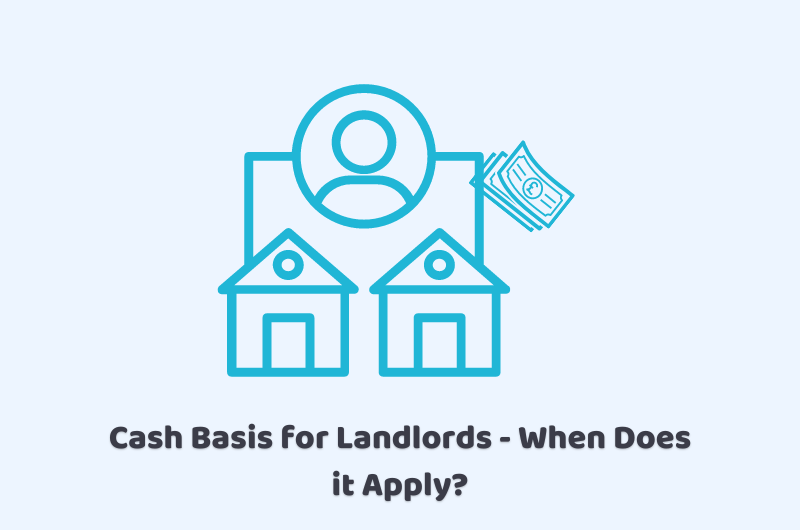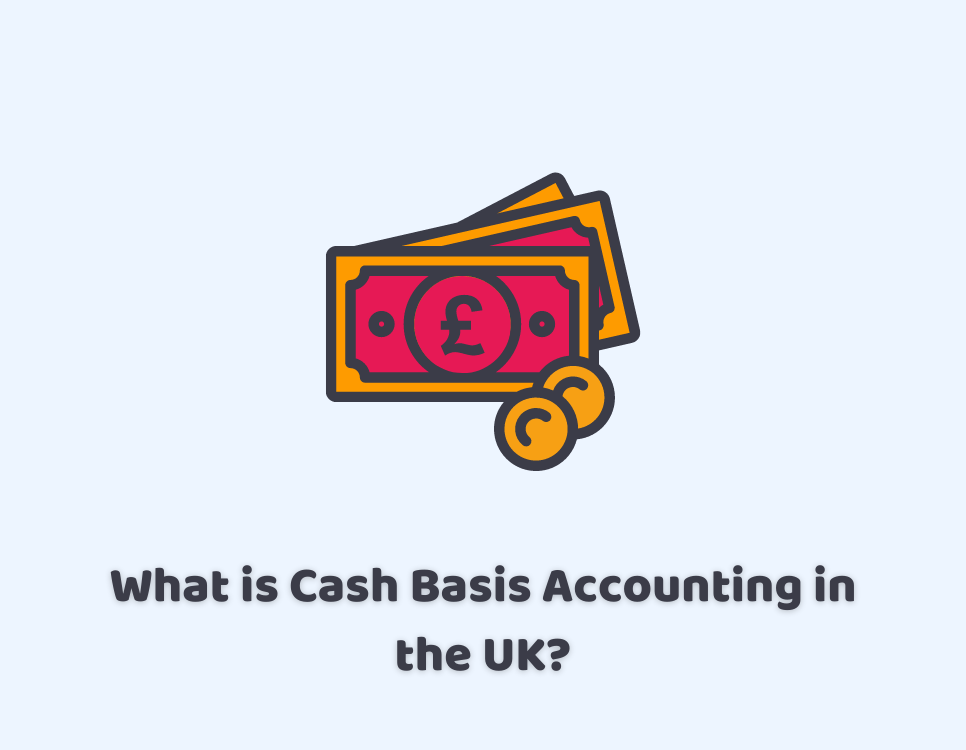
01/09/2022Accountants , Landlord , Tax Issues
In the process to be prepared for the tax returns and submissions, there is a need to gather information from the customers as well. In the case of unincorporated businesses, this information will help to know which was the first year for the application of a new cash basis for the landlords. If you aim to calculate accurate rental income and profits, you should be well aware of the updated implications and rules of the cash basis as a landlord. If you are still confused as a landlord about the updated rules of the cash basis for landlords, we have got you covered here.
We will learn about the basics of cash basis and at what time it applies to you, how cash basis works for you, and what are the chances of losses in the case of unincorporated landlords.
Reach out to one of our professionals to know the best way to choose a cash basis for landlords in the property business. We will love to offer instant help!
Cash Basis for Landlords – When Does it Apply?
Cash basis for landlords applies to businesses that are unincorporated letting businesses and their gross rent has to be lower than a certain limit. The following features are important to understand and consider in such a case.
- In the case of a partnership when the amount of gross rental income is lower than a certain limit and all the partners are working as an individual, you are allowed to use it.
- Unmarried joint owners should review their positions in a business to get the benefits on a cash basis. If a certain set of rules is not followed religiously, you will have to face the consequences.
- The same account must be used if you are in joint ownership and married to each other as well.
- No matter whether the business is for commercial properties or residential properties, the rules will remain the same for both the letting businesses.
How Does a Cash Basis Work?
The cash basis is mostly operational for small trades. There is a detailed guide on the use of cash basis for the landlords who are associated with the letting business as a small trade. This detailed guide is available on the website of HMRC to help people and educate them to follow the accurate ways to the process. A few key factors you should consider after adopting a cash basis include the following:
- It is a way to recognise the rental income. This will help to identify the exact amount that is paid to the agent. Because what the agent pay to the landlord can be inaccurate.
- If there is a movement between the cash basis accounting and accruals, Change of Accounting Policy (‘COAP’) Rules will be applicable.
- If you want to apply for a loan, the interest will be a little different than regular if you are associated with a residential property business.
Unincorporated Landlord – What are the Losses?
According to the updated information on a cash basis for landlords, the losses of properties can not be carried forward automatically. This will require a claim which will help to display the information about property income allowance.
The Bottom Line
Now that you have gathered a fair amount of information about the cash basis for landlords, we can say that a cash basis can turn out to be beneficial for the landlord only when the right amount of information is gathered and awareness of taking the right action is there. Otherwise, the consequences will no longer be proved beneficial and in the favour of your property business. You can always seek professional help if you aim to make an accurate process and want to avoid the mistakes that can make you suffer in the future. We hope these few minutes of reading will be helpful to make the right business choice.
Get in touch with our young, clever and tech-driven professionals if you want to learn more about cash basis for landlords.
Disclaimer: The information about the cash basis for landlords provided in this blog includes text and graphics of general nature. It does not intend to disregard any of the professional advice.


